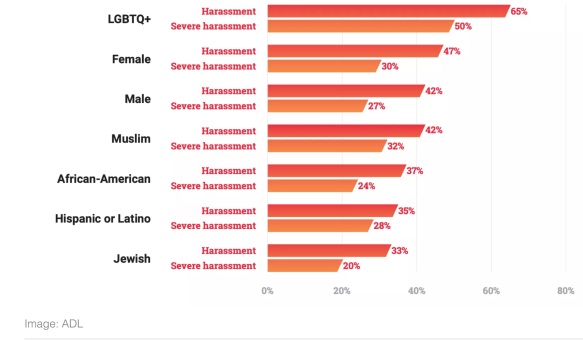Hachalu Hundessa, 34, known for political songs that provided support for the ethnic Oromo group’s fight against repression and a soundtrack for antigovernment protests, has been shot dead in Addis Ababa.
The killing has “risked heightening tensions in a nation taking stuttering steps toward establishing a multiparty democracy.” August elections have been “postponed” due to the pandemic.
Hundessa’s songs mobilized millions of Oromos across Ethiopia.
“On Tuesday, news of Mr. Hundessa’s death led to protests in the capital and other parts of Ethiopia, with images and videos on social media showing hundreds congregating at the hospital where his body was taken.
Internet service across the country was shut down at approximately 9 a.m. local time, according to Berhan Taye, an analyst at the nonprofit Access Now. The move, she said, ‘is simply driving confusion and anxiety among Ethiopians and the diaspora’ especially as they seek ‘credible, timely information” at such a time of crisis.'”
“Haacaaluu has given sound and voice to the Oromo cause for the past few years. His 2015 track Maalan Jira (‘What existence is mine’), for example, was a kind of an ethnographic take on the Oromo’s uncertain and anomalous place within the Ethiopian state. This powerful expression of the group’s precarious existence quietly, yet profoundly, animated a nationwide movement that erupted months later. Maalan Jira became the soundtrack to the revolution.
It is beautiful.

